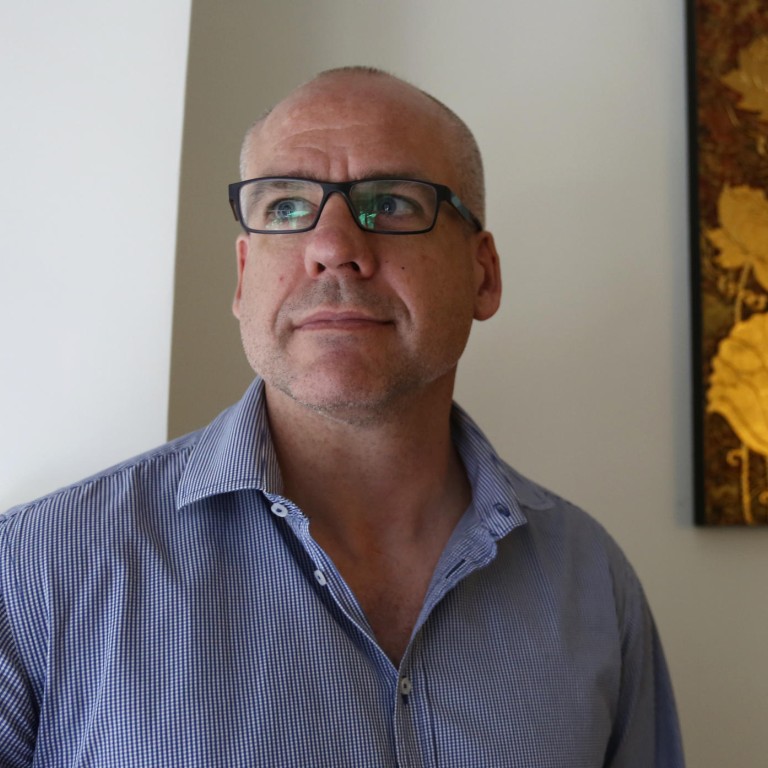
Hong Kong sets an easy path for drug, drink and sex addicts
Counsellors warn that unique characteristics in the city, like cheap taxis, home help and travel, can speed up the downward spiral for victims
Cheap, easy access to alcohol and drugs mixed with unique ingredients in Hong Kong are creating an environment that can "speed up" the downward spiral for addicts, the head counsellor at a new rehabilitation centre in Central says.
The warning came as a government survey showed that the number of binge-drinkers had increased in recent years, following the removal of the wine tax in 2008.
Also aiding the trend are "enabling" factors in the city that, according to Joanne Schmitt of The Cabin, hastens the progress of addiction.
"They aren't things that create addiction, but they may make it easier for someone to fall into an addictive cycle and may heighten or quicken someone's addiction," said Schmitt, whose centre treats a range of addictions including alcohol, illicit and prescription drugs, sex, gambling and the internet.
Three key factors are low taxi fares - so drinkers do not feel constrained by having to drive home - live-in domestic helpers who can support family duties while the addictive behaviour continues and travel commitments.
"A lot of our clients travel extensively, which creates the opportunity, being away from partners or family, to be either using drugs, drinking or acting out sexually," Schmitt said.
Another factor was the availability of addictive substances. Schmitt pointed out the ease with which underage drinkers could buy alcohol at convenience stores. "People tend to start drinking younger here. There are so few barriers and we know when there's more availability, there's going to be more use."
Since opening locally in February, The Cabin has treated about 120 clients, with nine out of 10 working in mid to senior-level executive positions. About half are aged between 36 and 45 and are mainly from Britain, the US and Australia.
Retirees, students, homemakers and ethnic Chinese clients who have received education overseas make up the rest of the client base. Alcohol, cocaine and sex are the top three addictions treated at the centre.
"The profile that we are seeing is very much the norm," Schmitt said. "People come from all walks of life. People think of [an addict] as someone who isn't capable of holding a job or doesn't have a family any more, but that's not the reality."
The Cabin expanded to the city this year after its centre in Chiang Mai, Thailand, saw a significant rise in clients from Hong Kong. The Thai centre treated 11 Hong Kong clients in 2010; last year, 64 were from the city.
Nearly three in 10 drinkers engaged in binge drinking at least once last year, according to an annual behavioural risk factor survey commissioned by the Department of Health.
This was up from 2012, when about a quarter reported they had engaged in binge drinking in the past year. Binge drinking is defined as imbibing five or more standard drinks in a single session.
Dave McGuire, also a counsellor at The Cabin, said that while most clients came voluntarily, some were referred through their companies such as banks or airlines.
Meanwhile at Alcoholics Anonymous meetings, the number of attendees appears to have grown in recent years.
"This city is a transient society and generally I feel the group is growing, and we get a lot of newcomers," said Bob (not his real name), who has attended meetings for 14 years, mainly in Hong Kong but also in Singapore, Malaysia and Europe.
Originally from the United States, he relocated to Hong Kong in the 1980s. The tipping point for his alcohol addiction came when his boss fired him and urged him to seek help.
His company paid for him to get treatment at a US rehab centre. "It took me a long time to re-establish myself and I'm still struggling because I created a large financial problem."
Bob said it was the "more" factor in the local context that created an environment for addicts that might not be as prevalent elsewhere. "Hong Kong is about 'more' - more money, more business, more entertainment, taking people out more, travelling more."
